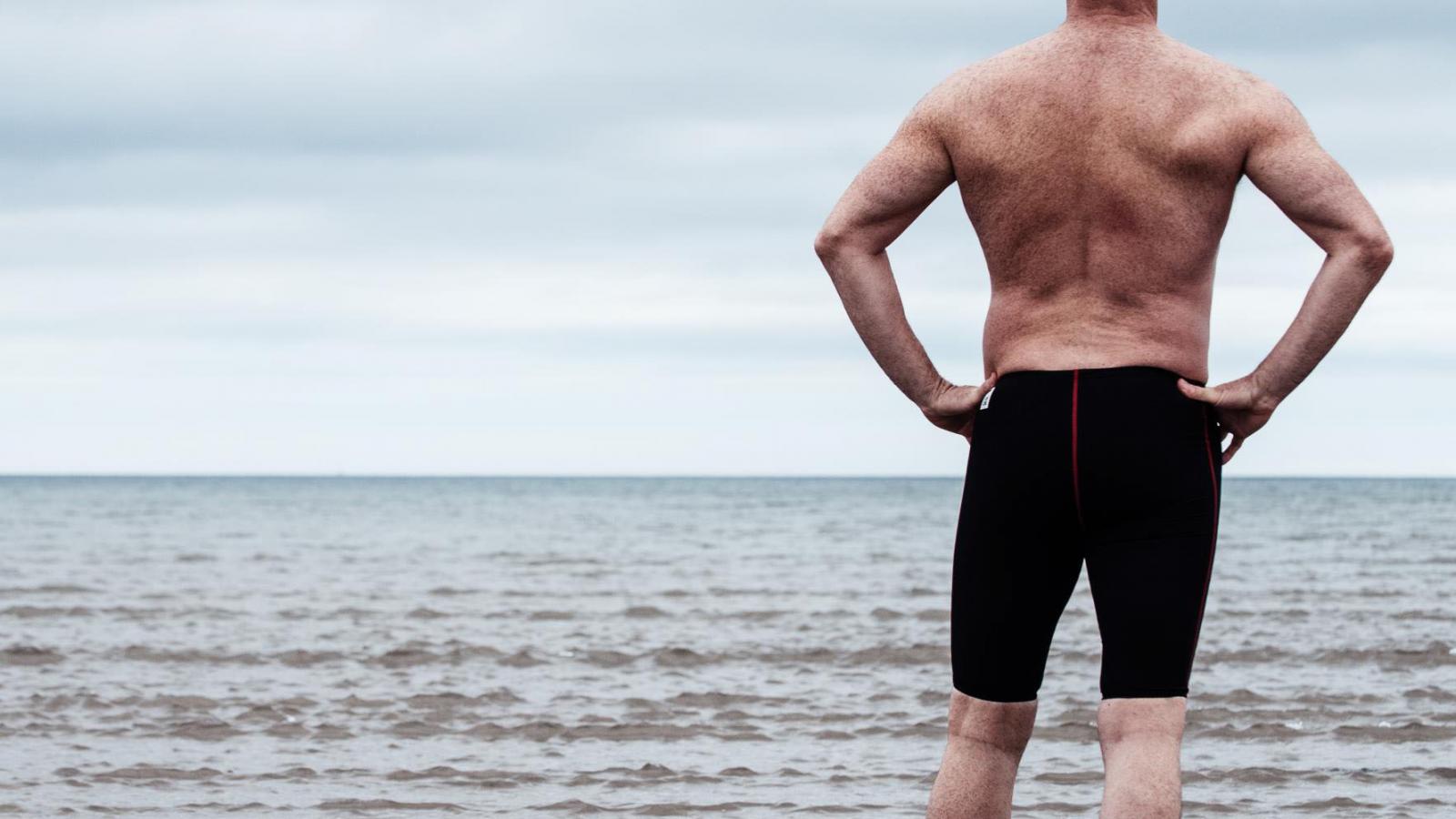Benefits of Swimming

Your Personal Best
Discover the many benefits of swimming, to both your physical and mental health
Swimming is a low impact exercise
Swimming is ideal for those with joint and muscle strain or pain, because there's zero-impact when you swim! You can protect your joints from stress and strain and even help your body recover from injury, keeping yourself active whilst being supported by the water.
In fact, the Arthritis Foundation strongly recommends swimming and water activities for this reason, so much so that they sponsor water classes all over the country.
Water aerobics or Aqua Fit classes are also desirable for this reason, because even if you do jump and hit the bottom of the pool, you do so with less force because you're buoyant in the water - if you wear or hold a flotation device during a water aerobics class, the impact is even less!
Swimming is a sport for life
Because there's no impact with swimming, it can be continued for a lifetime. If you check the United States Masters Swimming website for age categories of their swim competitions, you will find a 100- to 104-year-old age group! And the master of fitness, Jack La Lanne, who died in 2011, still swam one hour every day at age 93.
Swim Ireland run all sorts of aquatic opportunities, ranging from lessons to training, aerobics classes to HIIT sessions, open water swimming, artistic swimming, water polo and diving, or if you fancy being a mermaid or a shark for an hour, stick on a monofin and join a Fin 2 Fit class!
Swimming builds cardiorespiratory fitness
Swimming improves endurance. In one study of sedentary middle-aged men and women who did swim training for 12 weeks, maximal oxygen consumption improved 10% and stroke volume (the amount of blood pumped with each beat which indicates heart strength) improved as much as 18%.
Swimming builds muscle mass
In a study of men who completed an eight-week swimming program, there was a 23.8% increase in the triceps muscle (the back of the arm). The research indicated that if you have been doing no resistance exercise at all and you start to swim, you will certainly get more toned and you may even gain mass like the men in this study. But even without the gain in mass, it is well worth the strength and tone that you will almost certainly gain.
Anyone can do it. You don't have to be a great athlete for swimming to be beneficial and fun!
Swimming is a great alternative when injured
When athletes are injured, particularly in the lower extremities, they are frequently told to swim to maintain their fitness level. Swimming helps to stay in shape, and can challenge the body to work in ways that it wouldn’t normally on land – which makes it a great part of the rehabilitation programme. Water is truly amazing, because it’s resistance makes muscles work hard without the strain or impact – something that is very difficult to recreate on land!
Swimming burns calories
Swimming burns lots of calories, anywhere from 500-650 per hour depending on how efficiently you swim (you burn more flopping around than swimming cleanly!) and how buoyant you are (the more body fat you have, the more you float and the fewer calories it takes to swim).
Very early and original research on swimming and calorie expenditure showed that swimming, regardless of the stroke, burned about 89% of the calories burned during running and 97% of the calories burned during cycling for the same time period.
Stated another way, swimming burns about 11% fewer calories than running but only 3% fewer calories than biking. One important caveat about this data is that calorie expenditure is dependent on the intensity of exercise, and so it's entirely possible to burn more calories swimming than running in the same period of time as long as you swim hard enough, and particularly so if compared to running at light intensity
Swimming has psychological, emotional and social benefits
• Improvement of self-image, confidence and self-esteem
• Swimming has been found to provide a pathway to reduce stress and tension and help to alleviate anxiety and depression
• Female swimmers have been shown to experience significantly less tension, depression and anger after exercising than before and whilst many people in Ireland suffer from depression at any one time - rhythmic and aerobic forms of exercise such as swimming can improve psychological well-being
• Important to the development of any person is how they develop socially and swimming is regularly used as a recreational and social activity that is often used on holiday and can be enjoyed by individuals, families and groups of friends
• Swimming and other water activities are something the entire family can share. With rising levels of obesity in children as well as adults in Ireland, family physical activities and good role-modelling may be one way to stem the epidemic of inactivity and obesity facing our nation
• Many people who attend activities in swimming pools, spend time in a group workout together whether it is lane swimming or aqua aerobics and Swim Ireland believe swimming is a great social outlet. Exchanging stories, challenging each other, and sharing in the hard work make swimming with others a really rewarding experience
• Anyone can do it. You don't have to be a great athlete for swimming to be beneficial and fun!
Swimming is a great alternative when injured
When athletes are injured, particularly in the lower extremities, they are frequently told to swim to maintain their fitness level. Swimming helps to stay in shape, and can challenge the body to work in ways that it wouldn’t normally on land – which makes it a great part of the rehabilitation programme. Water is truly amazing, because it’s resistance makes muscles work hard without the strain or impact – something that is very difficult to recreate on land!
